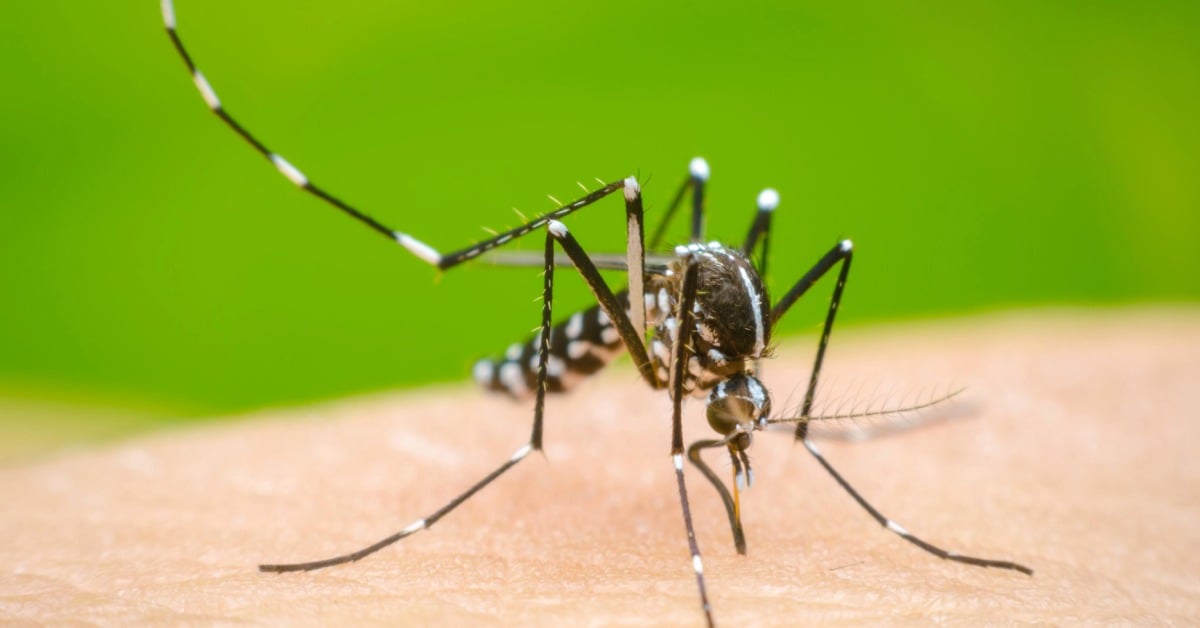Health authorities are raising alarms as Mexico battles a surge in dengue fever. Recent reports indicate that dengue fever cases have spiked, climbing to their highest levels in years . . .


Health authorities are raising alarms as Mexico battles a surge in dengue fever. Recent reports indicate that dengue fever cases have spiked, climbing to their highest levels in years . . .
